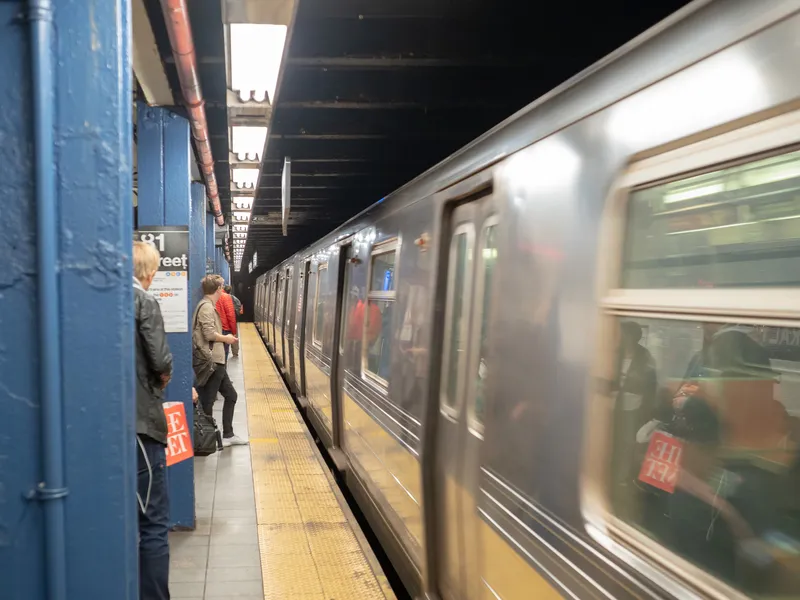Following a successful trial with 500 women in April, the city of Busan in South Korea plans to expand its Pink Light campaign and introduce an alarm flashes a pink light on trains and buses to prompt commuters to give up their seats to pregnant women, says Reuters.
July 12, 2016
Read time: 1 min
Following a successful trial with 500 women in April, the city of Busan in South Korea plans to expand its Pink Light campaign and introduce an alarm flashes a pink light on trains and buses to prompt commuters to give up their seats to pregnant women, says Reuters.
The woman carries a Bluetooth-powered beacon which triggers a pink light-up sign installed on trains. When she is standing near a seat, the pink light illuminates to let people seated nearby that someone who needs a seat is on board. As soon as she’s seated, the light switches off.








